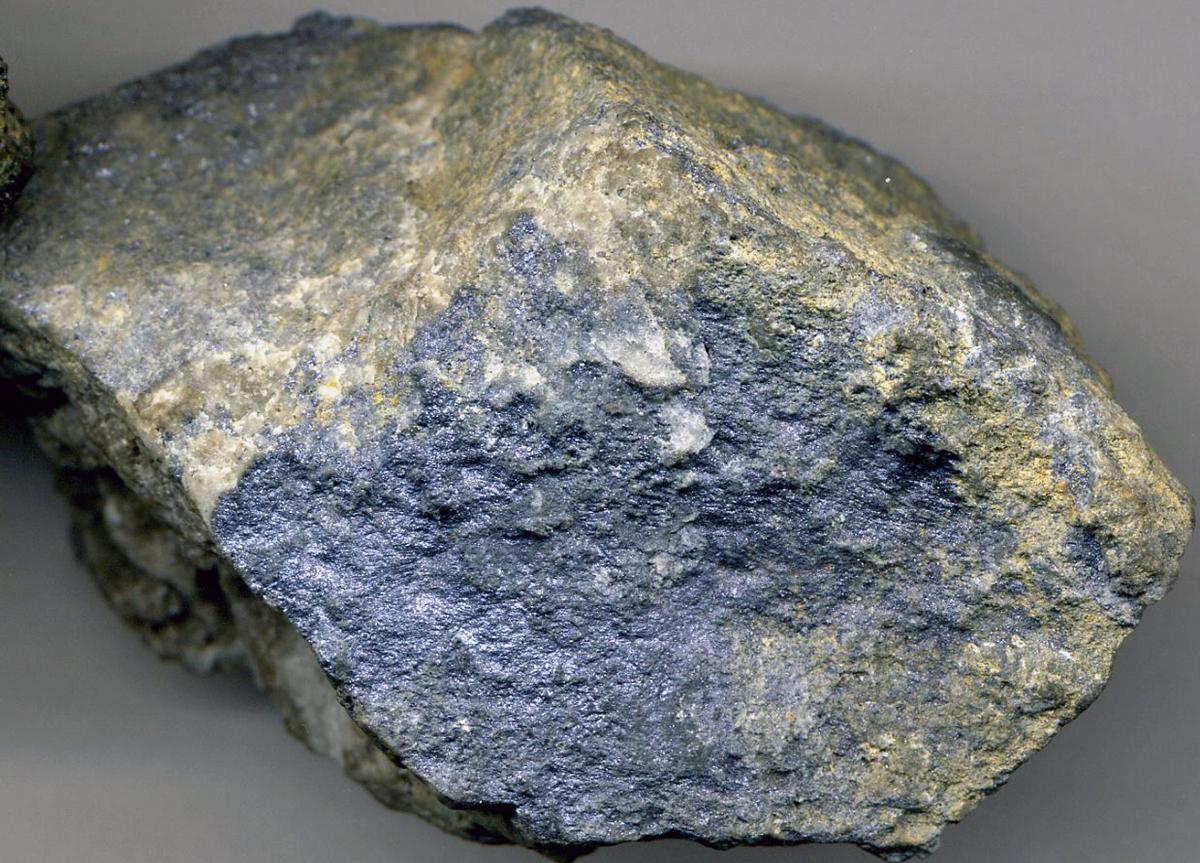
What is Molybdenum?
Molybdenum is a dark mineral. It is one of the trace elements. Even though the body stores this mineral in most body tissues including brain, spleen, lungs, kidneys, bones and skin, its total level in the body is not significant. Molybdenum is a component that goes into the of the enzyme composition.Benefits of Molybdenum
It is very important for normal development, especially the nervous system. It helps in producing energy, processing waste substances, activating iron stores and neutralizing toxic effects of sulphites. The last is one of the reasons to believe that it has anti-toxic characteristics. Sulphites are common in the body because they are regularly involved in chemical preservatives. Certain foods and medicines and even foods rich in protein also contain sulphites. When the body is unable to break connections with sulphites, it can trigger allergic reactions.Like many other minerals, the body needs molybdenum for properly functioning of fat, carbohydrates, copper, and nitrogen metabolism. It is also a part of enzymes that are responsible for the purine and sulfur metabolism. In fact, molybdenum is necessary for the various enzymes synthesis.
Cells require molybdenum so that they can function properly. Besides that, this mineral helps the body to fight against certain substances that are associated with the development of cancer.
Molybdenum helps in the preservation of sexual arousal preventing impotency.
It plays a key role in maintaining blood sugar level in balance.
Finally, it is believed that it helps in the fight against dental caries and tooth decay.
Once this mineral reaches in the gastrointestinal tract it is easily absorbed and easily eliminated through the kidneys.
Sources of Molybdenum
Beans, dark green leafy vegetables, beans, peas, rice, wheat, yeast, liver, kidneys, milk with less fat, hard water (hard means that contains a lot of minerals) are very good sources of this micronutrient.As the molybdenum deficiency is very rare there is no recommended daily dose. However it is considered that adult should take in between 75 and 250 micrograms of molybdenum per day.
Symptoms of Lack of Molybdenum
Molybdenum deficiencies are extremely rare and fortunately only if person eats foods that are grown on land that is extremely poor in this mineral. However, if the lack of this type occurs it leads to serious problems such as irritability and irregular heartbeat. Lack of molybdenum can cause reduction of the excreted urine, resulting in oxidation caused by acid level.Fatigue is another symptom of molybdenum deficiency, such as problems related to the mouth, gums and eyes.
Impotency appears in men. Lack of molybdenum can also cause cancer. Because of this it is very important to lower sulphite levels inside the body by taking in molybdenum.
Also, molybdenum poisoning is very rare but if it appears it can cause joint pain and swelling.

















Your thoughts on this
Loading...